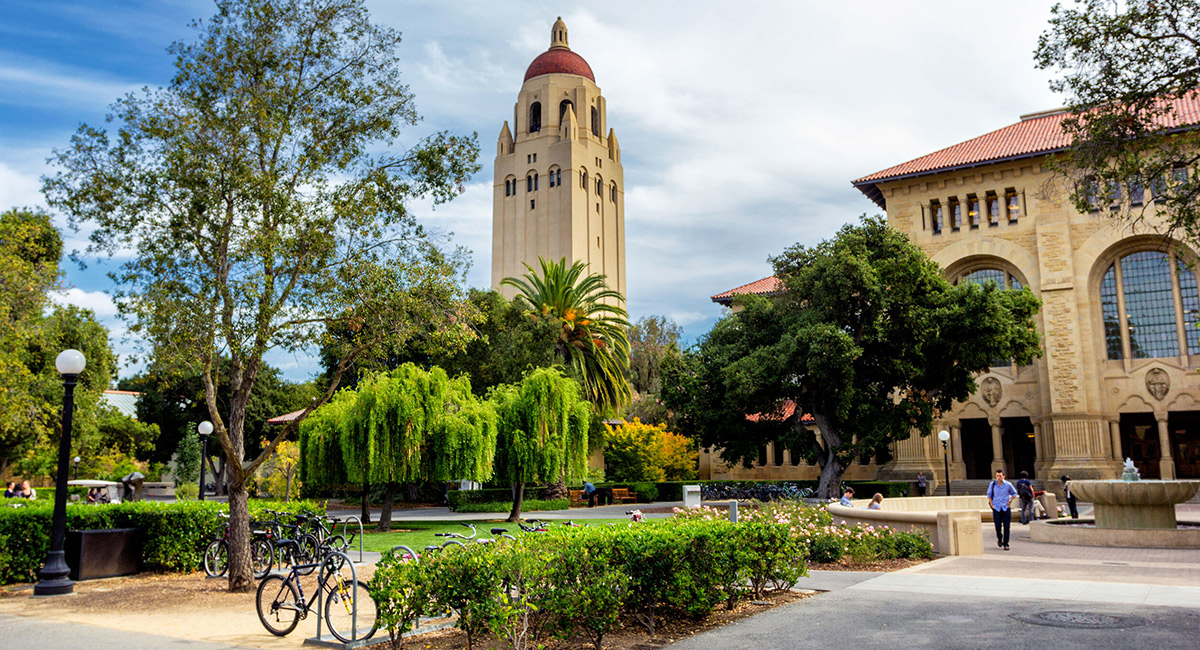The Foundation for Individual Rights in Education recently named Stanford University the worst higher education institution for free speech in the United States. Sadly, this problem is only one of many that are eroding student life at Stanford. Over the past several years, Stanford’s activist administration has sought to transform almost every element of student life radically. The Office of Student Affairs, which had fewer than 50 employees just three decades ago, now employs more than 400 administrators who micromanage students and infantilize adults who pay for an education at Stanford.
The current assault on student adulthood began six years ago with the adoption of what are euphemistically called Stanford’s “Standards of Excellence.” With these standards came social contracts and performance agreements that today apply to almost all Stanford organizations. Nonperformance can be assessed and penalized. Stanford’s “student customers” have been transformed into something more akin to marionettes.
The latest development is a program called ResX. Each new student now receives a university-mandated assignment during his or her freshman year to a “neighborhood” where students are to remain affiliated for their entire undergraduate careers. This “reimagining” of student life now determines—when students live on campus—where they eat, sleep, and socialize. Administrators are thereby centrally planning what they deem to be acceptable residential cultures.
From ethnic-themed dorms for the “Black Diaspora” and “Chicanx/Latinx” students to apartment buildings promoting “the IDEAL (Inclusion, Diversity, Equity, and Access in a Learning community),” students are sorted by singular attributes and shielded from those who look different and think differently. Not too long ago, liberals would have called such school-sanctioned isolation and discrimination “segregation.”
But residential life is only one area where Stanford administrators have seized adulthood from the students. Administrators aim to run their social lives as well.
In 2021, they imposed stronger regulations on students’ activities outside the classroom. They now require students to register any party they host while also banning get-togethers during “dead weeks” before finals. Officials have banned hard alcohol and made drinking games a punishable offense. Even students 21 and older must abide by these restrictions.
These measures are overbroad and even counterproductive. They have drawn widespread condemnation from students, including a student-led health and safety initiative that provides snacks and water at parties and walks students home on the weekends. These students say that the rule changes have spurred an increase in binge drinking.
This year, Stanford administrators established new policies that require fraternities and sororities to lobby to remain in their houses on campus after three years. And organizations that want to return after a hiatus face steep challenges. Since Stanford requires freshmen to live in university housing, only three years remain in which students can choose. Fraternity members are now being arbitrarily banned from living more than two of those years in their fraternity, forcing organizations to rush 50% more members.
Stanford dedicates resources to various student causes, activities, and organizations, but it finds little reason to strengthen Greek life. Yet numerous studies demonstrate that students who join Greek organizations graduate on time more , are more engaged in the classroom, are more likely to participate in internships and faculty-generated research projects, maintain higher levels of mental health, and are more likely to have interactions and discussions with people different from themselves.
Stanford enrolls young people who spent much of their youth sacrificing to win admission. But these days, it tells adult students where they must live, how they may socialize, and with whom they may associate. These students, finally embarking upon adulthood and a future they can design for themselves, have been left no choice but to adhere to stringent rules that neither enhance their education nor prepare them for life after college.
Embarrassingly, the motto of Stanford is, “The winds of freedom blow.” Yet Stanford, like so many elite educational institutions, has moved from the study of social ideas and behavioral practices to putting coercive utopian experiments into effect on campus.








